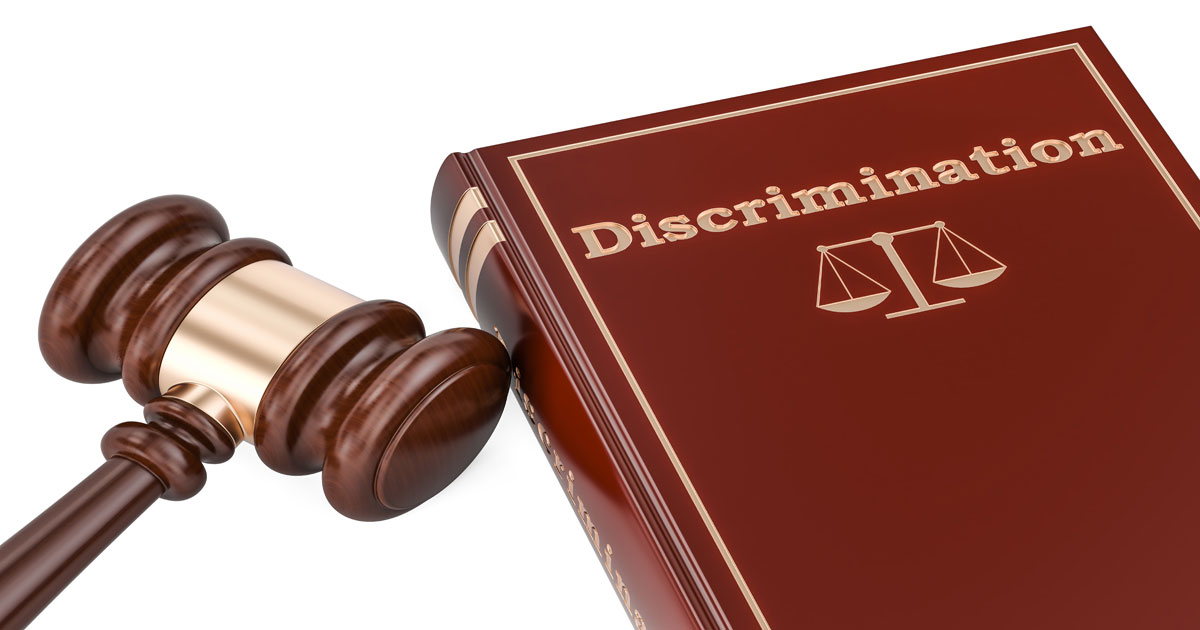Should I Start an LLC or a Corporation?

Whether you provide consumers with goods, or clients with services, liability is an ever-present issue in businesses of all sizes. You might start a business, but have not made it a separate legal entity. If so, you could be liable for damages arising from any harm caused by the goods or services that you provide.
There are two effective ways to handle potential liability from your business activities. One is to create a limited liability corporation (LLC), and the other is to create a corporation. An LLC and a corporation have their own advantages. The following could help you to choose which would be best for your business ambitions.
Pros for Creating a Business Entity
An LLC and a corporation are similar in that they create legal entities. Those legal entities enable you to protect your personal assets by making them wholly separate from your business activities.
A medical doctor or an attorney who enters into private practice are good examples of people who provide services that could raise liability issues. Creating an LLC or a corporation for a private practice helps to limit liability to only those entities.
You could appoint yourself as the president and CEO of your LLC or corporation, paying yourself a regular salary and annual bonuses. Once that money is in your account, it is separated from your business activities.
Sole Proprietorship Makes You Vulnerable to Business Liability
Without an LLC or a corporation, you are operating what is called a “sole proprietorship,” which is one way to say that you work for yourself while providing goods or services to others.
A sole proprietorship does not protect your personal assets against liability that might arise from business practices. You could lose your life savings, home, and other assets if a customer or a client were to sue you and win a large settlement in court.
If you have an LLC or a corporate structure, the liability would not extend to your personal assets: instead, you could obtain business insurance that helps to cover the costs of liability if any issues were to arise.
Advantages of an LLC
An LLC is a simple and affordable way to create a legal business entity. An LLC might have more than one owner, but the ownership structure is small and reduces the amount of paperwork that you would have to file each year.
An LLC enables greater flexibility for management. You can change the management structure without enduring complicated legal filings or extensive paperwork.
An LLC also has a tax advantage over corporations. That is because the federal government does not tax the profits of LLCs like it does corporations. The profits from LLC entities go straight to the owners. And those owners pay taxes on their respective incomes.
An LLC does not have to endure complicated tax filings like a corporation does. It also does not require the kind of specialized accounting assistance and legal help that a corporation often requires to file and pay its annual taxes.
Disadvantages of an LLC
An LLC needs to turn a profit for its owners to make money. If a bad year results in no profits, then there is no pay for the owners.
An LLC requires its owners to have other sources of income. Or the owners need to be very frugal with the profits that they obtain during profitable years.
A strong business model and quality goods or services can help to overcome the potential for business losses. But you never know with something unexpected might occur – like a global pandemic that triggers statewide lockdowns.
An LLC also leaves its owners vulnerable to criminal allegations arising from potentially unlawful business dealings. Just as the profits flow straight to the owners, so does accountability for any criminal acts that might occur.
How to Create a Pennsylvania LLC?
It is relatively simple and affordable to create an LLC in Pennsylvania. You just need to file a Certificate of Organization and a docketing statement with the Bureau of Corporations and Charitable Organizations.
You could complete the paperwork yourself and pay the requisite fees to make your LLC a reality. But it can help to have experienced business lawyers in Philadelphia assist with the filing and its subtle legal matters.
Advantages of a Corporation
A corporation can control excess profits and use them to reinvest in the goods or services provided to customers or clients. The corporation also can use the excess profits to reward its shareholders. If a loss occurs, that also could be passed on to shareholders, though the president, CEO, and other executives and managers still can be paid salaries during years when losses occur. Forming a corporation helps to ensure some level of income even during bad years.
A corporation also provides your business entity the opportunity to eventually go public. You could list shares on a stock exchange and raise capital to fund your business ventures.
Disadvantages of a Corporation
You already know that a corporation has a more complicated creation process than an LLC, with the added irritation of dealing with annual corporate taxes. It is beneficial in many ways to enlist the help of experienced business attorneys and accountants.
Even if you are just a shareholder in a corporation, you could suffer financial losses during a bad year: if the corporation goes bankrupt, the shares become worthless. That partly is why the federal government has bailed out corporations in the past to help prevent them from filing for bankruptcy.
How to Create a Pennsylvania Corporation?
It takes more legwork and effort to incorporate in Pennsylvania and other states. You need to choose a corporate name that is unique, and readily identifiable when compared to other corporations.
The corporation must have an address and a registered agent. The registered agent could be an individual, such as a business attorney, who has a legal address in Pennsylvania. The agent also could be a business entity that can do business in Pennsylvania.
You will need to create corporate bylaws and appoint directors. After doing that, you can hold your first board meeting to officially name directors and adopt the bylaws.
You can file the articles of incorporation at the Pennsylvania Department of State. Afterward, you need to issue shares to your shareholders. Then you are a true corporation that might go public in the future.
Learn More from Experienced Business Lawyers in Philadelphia at Sidkoff, Pincus & Green
The experienced Philadelphia business lawyers at Sidkoff, Pincus & Green can help you choose and organize an LLC or a corporation in Pennsylvania. You can call 215-574-0600 or contact us online to schedule an initial consultation at our Philadelphia law office. We represent clients throughout Pennsylvania and New Jersey.






















